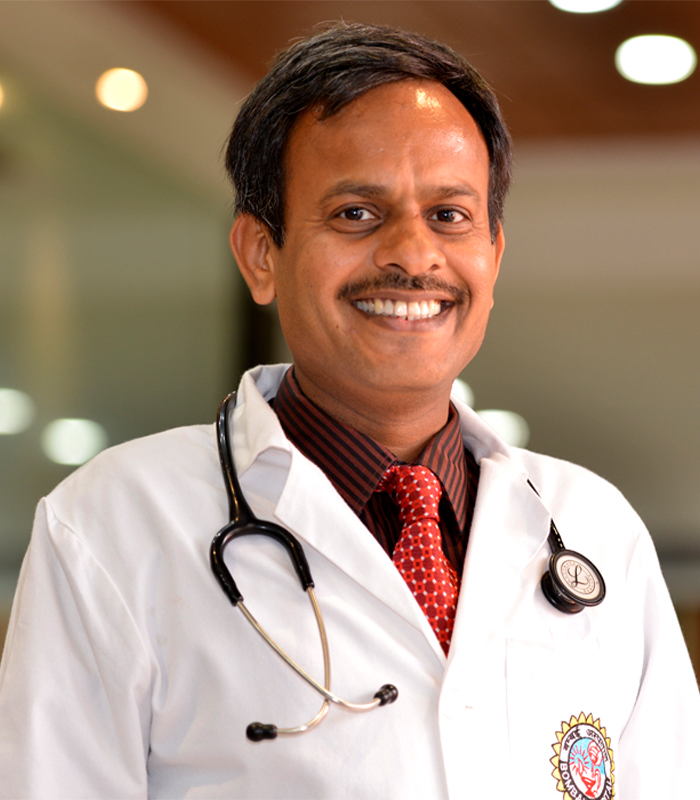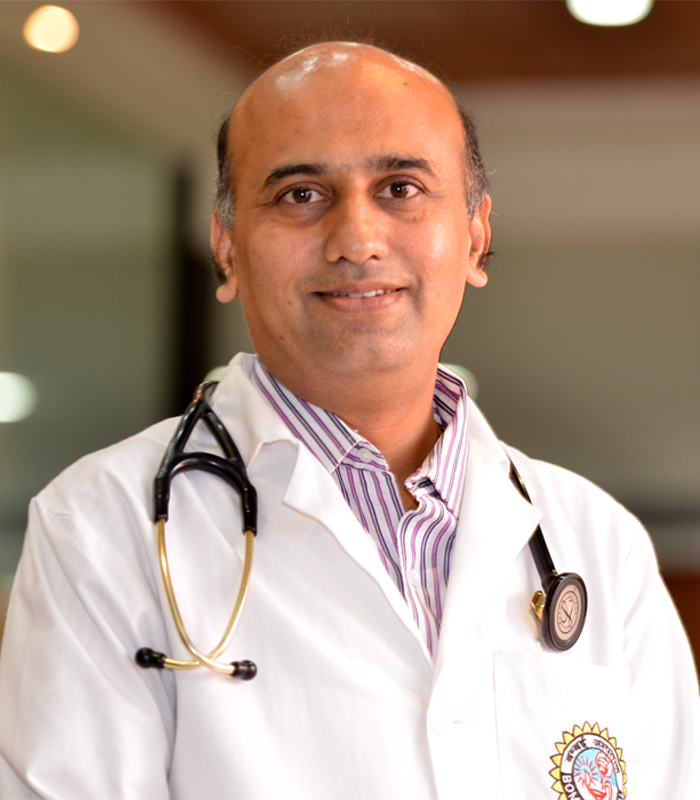
Advanced Nephrology & Renal Health Center in Indore
The Nephrology Department at Bombay Hospital Indore is a leading kidney nephrology center, providing comprehensive diagnosis and treatment for all kidney and renal disorders. Recognized for clinical excellence, we are home to some of the best nephrologists in Indore, delivering ethical, evidence-based, and patient-focused care.
Our department is led by highly experienced, AIIMS trained nephrology doctors in Indore with 10-20+ years of expertise in managing complex kidney diseases. Patients trust us as a preferred destination for consultant nephrology, advanced dialysis nephrology, and renal transplantation in Central India.
Our Expert Nephrologists
Meet our experienced kidney specialists and consultant nephrology experts who deliver advanced renal care, dialysis, and transplant services:
Our doctors are widely regarded among the best kidney doctors in Indore for managing both routine and critical renal conditions.
Comprehensive Kidney Care & Nephrology Services
Our expert nephrology doctors provide personalized treatment plans using advanced diagnostics, modern protocols, and multidisciplinary support. We specialize in preventive, medical, and critical kidney nephrology care.
Conditions Treated by Our Nephrologists
Acute Kidney Injury (AKI)
Chronic Kidney Disease (CKD)
Acute and chronic nephritis
Nephrotic syndrome
Renovascular hypertension
Collagen and autoimmune kidney disorders
Diabetic nephrology and diabetes related kidney damage
Advanced Dialysis Nephrology Services
State of the Art Hemodialysis Unit
Bombay Hospital Indore offers one of the most advanced dialysis nephrology units in the region, featuring:
18 ultramodern dialysis machines
Advanced RO water purification system
55–60 dialysis sessions conducted daily
24/7 dialysis services for inpatients and outpatients
Our dialysis unit works in close coordination with the hospital’s 64-bedded critical care department for uninterrupted renal support.
Specialized Dialysis for Critically Ill Patients
We provide advanced dialysis modalities for unstable and ICU patients, including:
CRRT (Continuous Renal Replacement Therapy)
SLED (Sustained Low-Efficiency Dialysis)
These therapies are ideal for patients with severe kidney failure requiring blood pressure support and intensive monitoring.
Infection-Safe Dialysis Practices
Dedicated dialysis machines for Hepatitis B & C patients
Strict universal infection control protocols
Highly trained and experienced dialysis technicians
Peritoneal Dialysis (CAPD) – Home Based Kidney Care
We offer Continuous Ambulatory Peritoneal Dialysis (CAPD), a safe and effective home-based dialysis option that improves patient comfort and quality of life without frequent hospital visits.
Kidney Transplantation Services
Ethical & Advanced Renal Transplant Care
Bombay Hospital Indore has been successfully performing kidney transplants for over 5 years, serving patients across Madhya Pradesh and Central India.
We perform:
Living donor kidney transplants
Deceased (cadaveric) donor kidney transplants
All procedures follow strict ethical guidelines with complete pre-transplant evaluation and long-term post-transplant nephrology care.
Patient Focused Nephrology Care
Daily OPD & Free Kidney Care Services
Daily nephrology OPD clinics by senior consultants
Free OPD services for underprivileged patients
Early diagnosis, timely treatment, and long-term renal follow-up
Treatments & Procedures Offered
Hemodialysis for acute & chronic kidney failure
Dialysis support before kidney transplantation
Plasmapheresis for renal and non-renal disorders
Dialysis for drug toxicity and overdose
Advanced ICU dialysis (CRRT & SLED)
Excellence in Kidney Nephrology Care at Bombay Hospital Indore
Best Nephrologist in Indore: AIIMS-trained nephrology doctors with 10–20+ years of experience
Advanced Dialysis Nephrology: Hemodialysis, CAPD, CRRT, and SLED under one roof
Comprehensive Kidney Care: From diabetic nephrology and CKD to kidney transplantation
Ethical Kidney Transplants: Living and deceased donor programs with full support
Patient-Centric Care: Daily OPD, free kidney care services, and continuous follow-up
Infection-Safe Dialysis: Dedicated machines and strict safety protocols
Frequently Asked Questions (FAQs)




